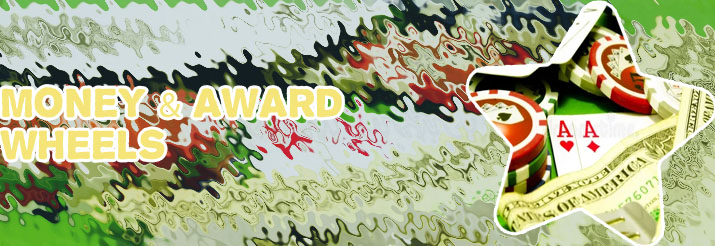Poker chips and money
When it comes to playing poker, understanding the value of poker chips and money is essential. Whether you're a beginner learning the ropes or a seasoned player looking to improve your game, these articles will provide valuable insights and tips on how to navigate the world of poker chips and money. From understanding the different denominations of chips to managing your bankroll effectively, these resources will help you make the most of your poker playing experience.
The Ultimate Guide to Poker Chip Values and Colors

I recently had the opportunity to dive into the world of poker chip values and colors, and I must say it was quite enlightening. The guide I came across was incredibly detailed and informative, covering everything from the different denominations of chips to the significance of varying colors.
One of the key takeaways for me was learning about the standard values assigned to different colored chips. For example, white chips typically represent the lowest denomination, while black chips are usually worth the most. Understanding these values is essential for anyone looking to play poker seriously, as it can make a significant difference in how the game is played.
I also appreciated the section on the psychology behind chip colors. It was fascinating to learn how certain colors can influence players' behavior at the table, whether consciously or subconsciously. This insight has definitely made me more aware of the subtle ways in which chip colors can impact the dynamics of a poker game.
Overall, I found this guide to be incredibly valuable for anyone looking to improve their understanding of poker chip values and colors. Whether you're a seasoned player or just starting out, having a solid grasp of this information can give you a competitive edge at the table.
Tips for Managing Your Poker Bankroll Like a Pro
Managing your poker bankroll effectively is crucial for any serious poker player, regardless of whether you play casually or professionally. This guide provides valuable tips to help you navigate the ups and downs of the game like a pro.
First and foremost, it is essential to set a budget and stick to it. This means determining how much money you are willing to invest in poker and not exceeding that amount. It's important to treat your bankroll as a tool for playing poker, rather than as disposable income.
Another key tip is to practice proper bankroll management. This involves only risking a small percentage of your total bankroll on any single game or tournament. By following this strategy, you can minimize your losses and increase your chances of long-term success.
Additionally, it is crucial to track your progress and adjust your strategy accordingly. Keep detailed records of your wins and losses, analyze your gameplay, and make adjustments as needed. This will help you identify strengths and weaknesses in your game and make informed decisions moving forward.
In conclusion, by following these tips for managing your poker bankroll, you can improve your overall performance at the table and increase your chances of success in the long run.
Recommendations:
- Discuss the importance of setting specific goals for your poker bankroll.
- Include tips
Understanding the Psychology of Money in Poker
When it comes to poker, understanding the psychology of money is essential for success in the game. Money is a major factor that can influence players' decisions and behaviors at the poker table. It is important for players to have a strong grasp of their own relationship with money and how it can impact their gameplay.
One key aspect of understanding the psychology of money in poker is being able to manage your bankroll effectively. Players need to have a clear understanding of how much money they are willing to risk and how much they can afford to lose. This requires discipline and self-control, as it can be easy to get carried away in the heat of the game.
Another important aspect is being able to handle the emotional ups and downs that come with winning and losing money in poker. Players need to be able to stay focused and make rational decisions, even when they are experiencing a losing streak. This requires a strong mindset and the ability to control one's emotions.
Overall, understanding the psychology of money in poker is crucial for players who want to succeed in the game. By being aware of how money can influence their decisions and emotions, players can improve their gameplay and increase their chances of winning. This article serves as a valuable resource for players looking to enhance their understanding of this important aspect of poker.
Strategies for Using Poker Chips to Your Advantage in Games
Poker chips are an essential component of any card game, especially poker. They not only serve as a means of keeping score but also play a crucial role in strategizing and gaining an advantage over your opponents. Understanding how to use poker chips to your benefit can significantly improve your gameplay and increase your chances of winning.
Here are some key strategies for utilizing poker chips effectively in games:
-
Bluffing: One of the most common strategies in poker is bluffing, and your chip stack can play a significant role in this tactic. By appearing to have a large stack of chips, you can intimidate your opponents and force them to fold, even if you have a weak hand.
-
Chip Management: Properly managing your chip stack is essential in poker. By keeping track of your chips and making strategic bets, you can control the pace of the game and increase your chances of coming out on top.
-
Observation: Paying attention to your opponents' chip stacks can give you valuable insights into their playing style and potential strategies. By observing how they use their chips, you can adjust your own gameplay accordingly and gain an advantage at the table.
-
Positional Play: The position of your chips on the table can also impact your gameplay. By strategically positioning your chips,
- Login to post comments
